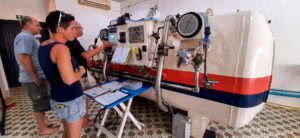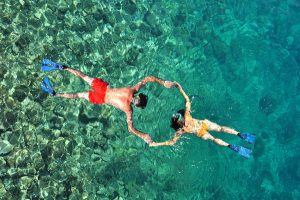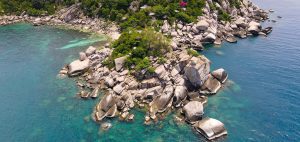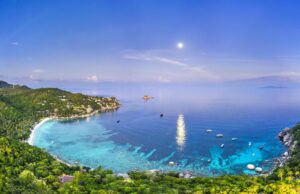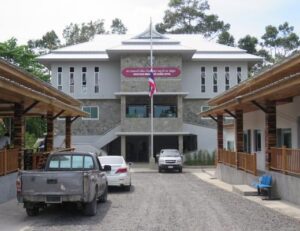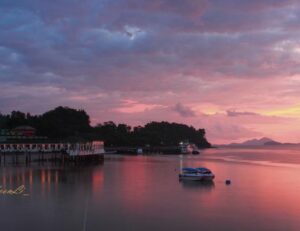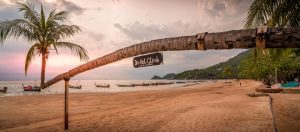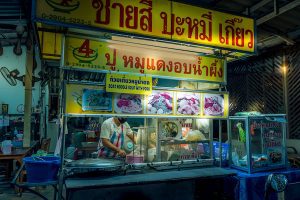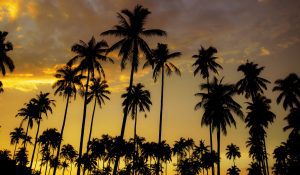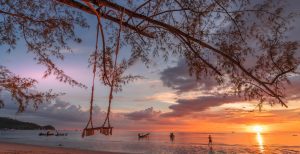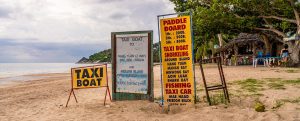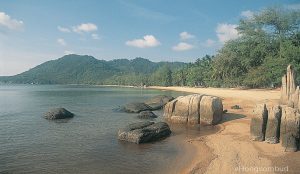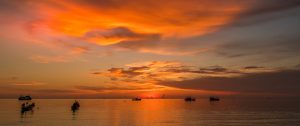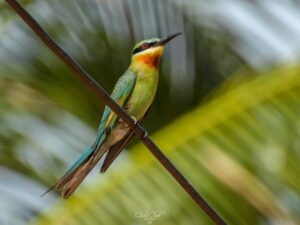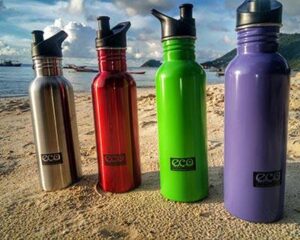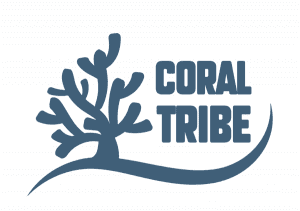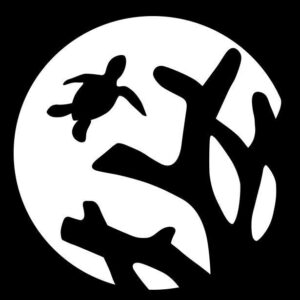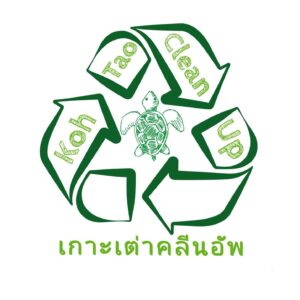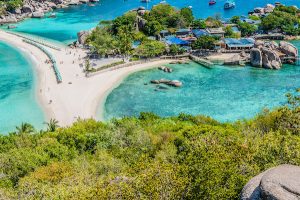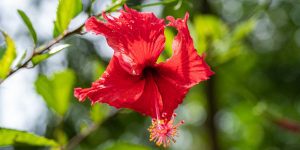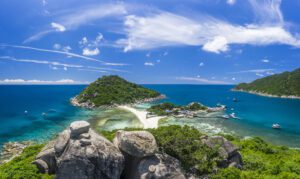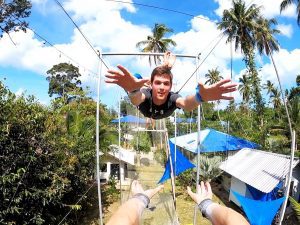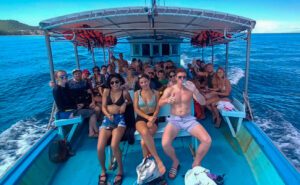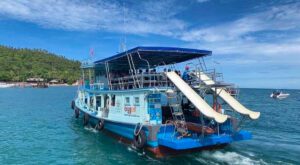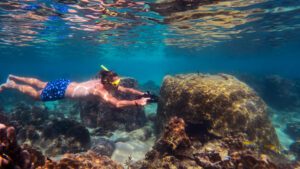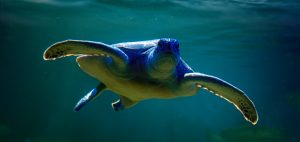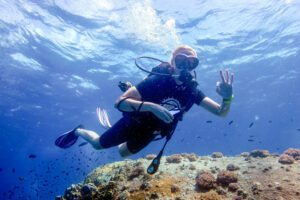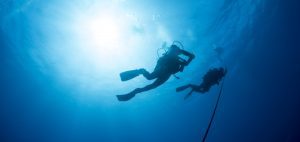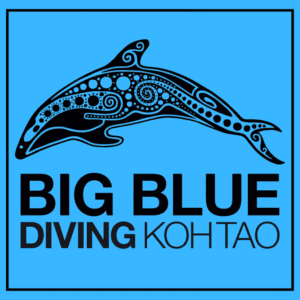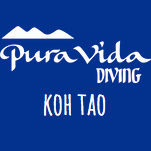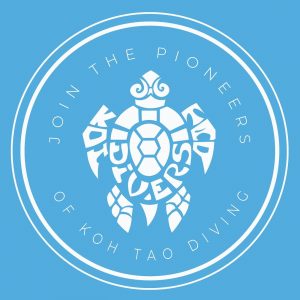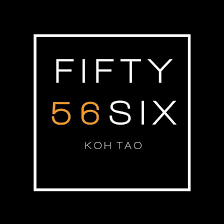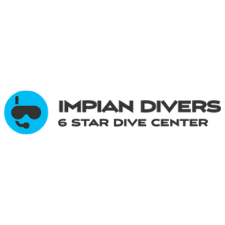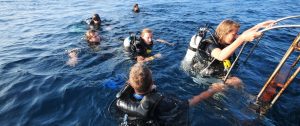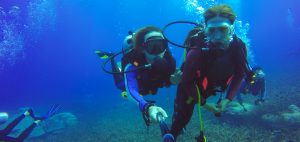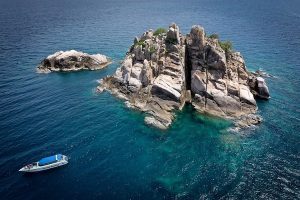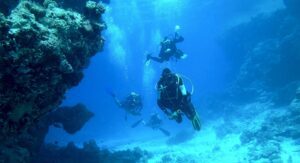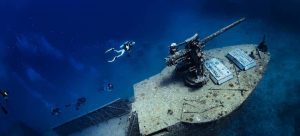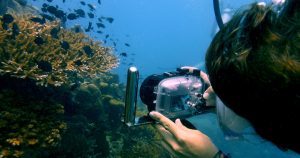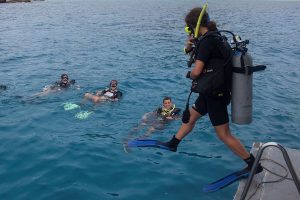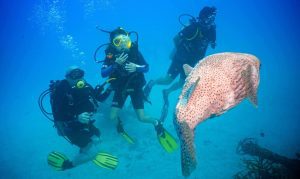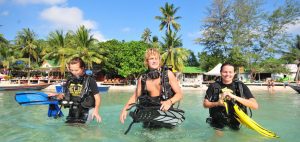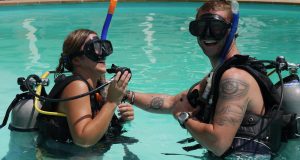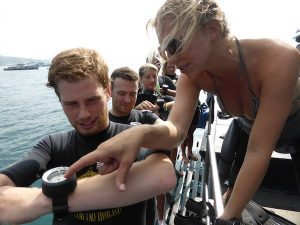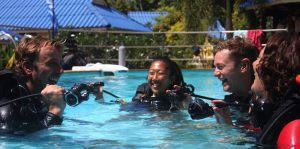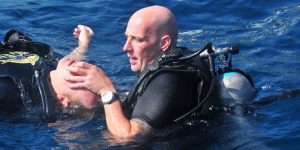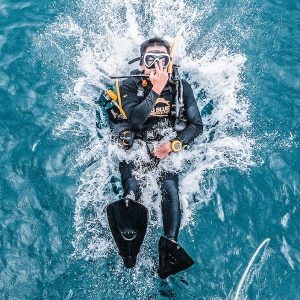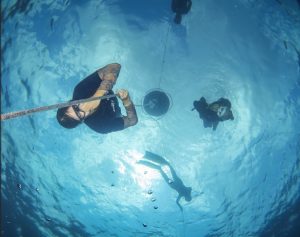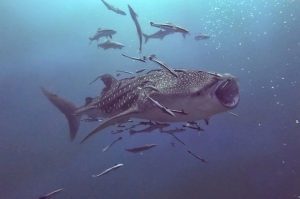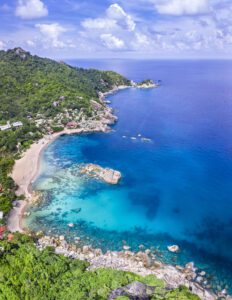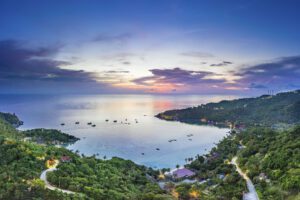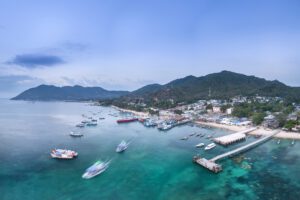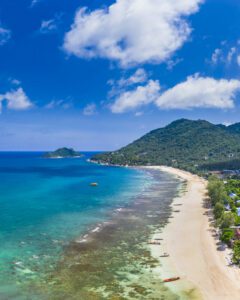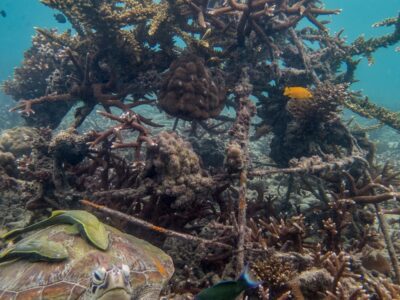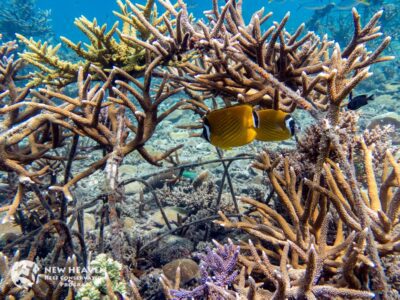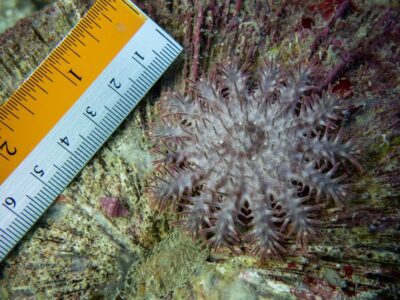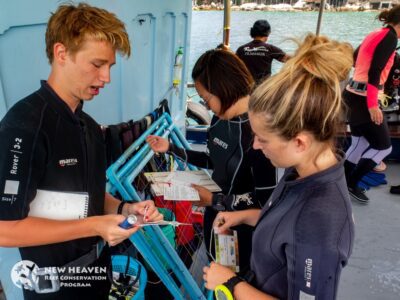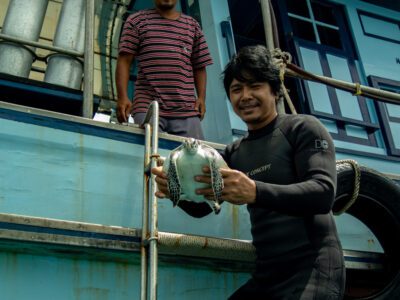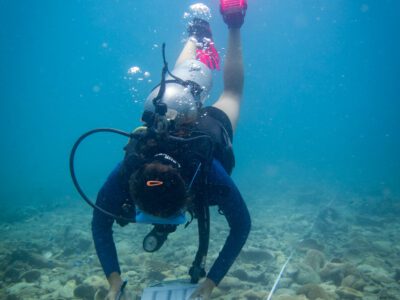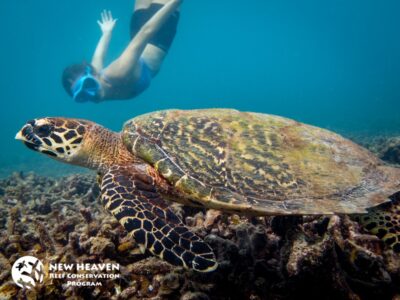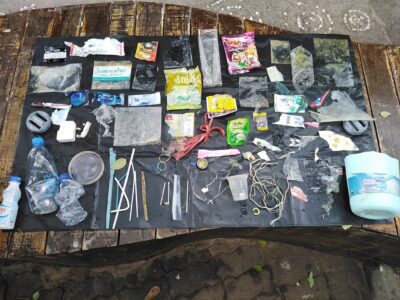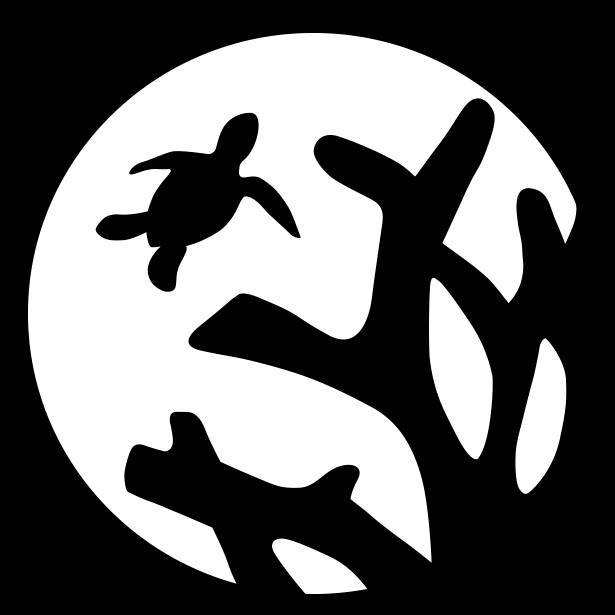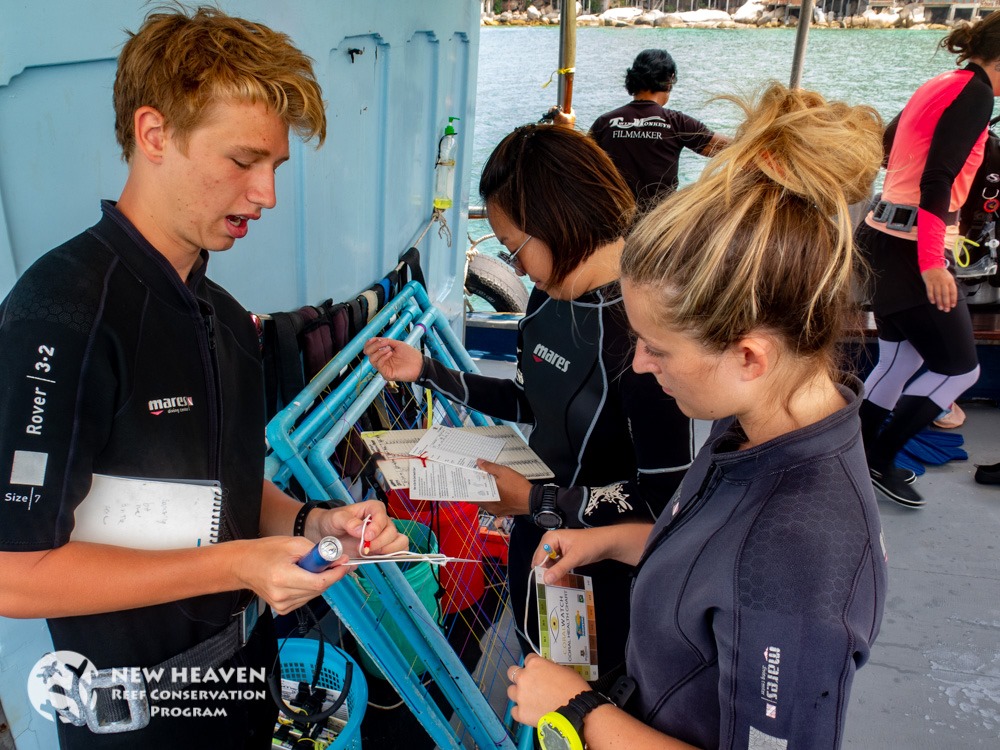New Heaven Reef Conservation
With the tagline ‘Our Ocean, Our Responsibility’. In 2007, the creators established the New Heaven Reef Conservation Program with the main objective of fostering greater environmental awareness among divers. Divers who are not simply knowledgeable about marine life, but divers who are aware of multiple oceanic health indicators. The impacts of their actions on the ecosystem, and ways to make a more positive contribution. The work of the New Heaven Reef Conservation Program focuses on four main areas:
Turtles
Koh Tao translates to Turtle Island, and as we mentioned on our Koh Tao history page, many people attribute the name to the many turtles that would crawl up onto the beaches to lay their eggs back in the days when the island was not so heavily inhabited. Others believe the name comes from the shape of the island itself. The island is said to resemble a turtle shell when viewed from above. One undeniable thing, however, is that for an island named after these majestic sea creatures, there are not as many of them around as would be ideal. To this end, the New Heaven Reef Conservation Program is actively working towards increasing the turtle population healthily and sustainably.
The Team
The team works in partnership with the DMCR (Department of Marine & Coastal Resources) to raise hatchling turtles. Very few turtles make it to adulthood in the natural world – as little as 1 in every 10,000. Being able to raise, observe, and release turtles in a controlled and healthy environment is a great way to research and learn. It will also boost the island’s Turtle population at the same time. Raising anything from 5-20 baby turtles each year, the team releases them when they get to around 25cm in length. Then their size makes them much more likely to survive predation in the wild. Visitors are welcome to drop in to visit the turtles, and informative presentations and lectures are available on request.
Reef Surveys
Training the next generation of divers involves educating them and ensuring they possess knowledge about the marine world. The New Heaven Reef Conservation Program runs a 2-3 month internship inclusive of over 24 different presentations. Lots of diving and monitoring happen in between. Shorter courses in distinct specialty areas are also available.
During the internship and various conservation courses, divers conduct multiple reef surveys and are taught to collect and analyse data. And assess the well-being of coral, fish populations, and general indicators of good/bad health across a broad spectrum of species in the marine environment. This results in the creation of passionate divers who are much more aware of various underwater phenomena. They are more acutely aware of their impacts and have an active desire to work towards reducing them.
Whale Sharks
What began in 2018 as an initiative to identify whale sharks here in the Gulf of Thailand has expanded to a nationwide project. Whale sharks are at the top of every diver’s wish list of things to see underwater when they go diving on Koh Tao. We know so little about Whale Sharks in terms of their numbers, breeding habits, and migration routes.
Hoping to gather data and enhance understanding of whale sharks and their habits, researchers are tracking whale shark sightings. Divers are encouraged to submit their whale shark photos for identification so the team can use them for identification and tracking. The preferred image is a shot of the left side of the shark, including all markings between the gills and dorsal fin. Other photos are also very welcome, however, and can still be helpful. A photo, the dive site’s name, and the year the photo was taken are all the team requires. Since they began, observers have identified over 260 different individuals out of nearly 300 recorded whale shark sightings. This is incredibly exciting.
Finally
If you are lucky enough to see a whale shark on your Koh Tao dive course or fun diving trip, you can submit your photos onto the Thai Whale Sharks or Koh Tao Whalesharks Facebook pages. If you’d like any further information about any aspects of the New Heaven Reef Conservation Program, please contact [email protected]




